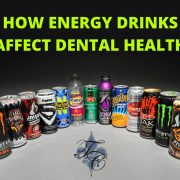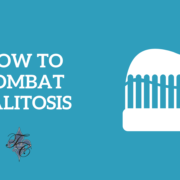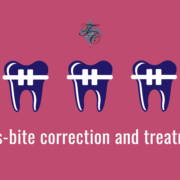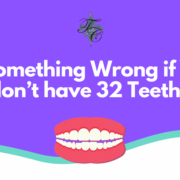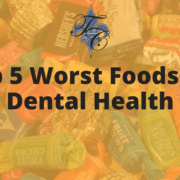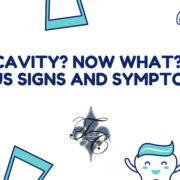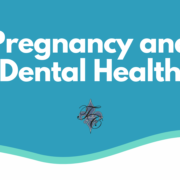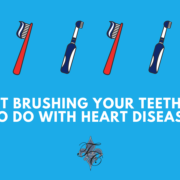Importance of Screening for Oral Cancer
Did you know that oral cancer is one of the deadliest diseases in the United States? Oral cancer has an incredibly high mortality rate, with half of all patients diagnosed dying as a result of their disease. Often oral cancer is only discovered when the cancer has made its way to another location, usually the lymph nodes of the neck. Prognosis at this stage is significantly worse than when it is caught early because in its early stages it may not be noticed by the patient due to its lack of pain or symptoms.
The good news is that when caught early, oral cancer has one of the highest survival rates of other cancers. More than 8 out of 10 oral cancer patients will survive the disease with early detection.
From Dr. Tim Chauvin in Lafayette, here’s what you need to know about oral cancer.
Am I at risk for oral cancer?
Some people are more at risk for oral cancer than others. For example, men tend to be more susceptible than women.
Other common risks include:
- Age of 40+
- Smoking
- Heavy alcohol use
- HPV
- Unhealthy diet
- Prologued sun exposure
People who have been diagnosed with oral cancer usually have at least one of these risk factors, but there is a growing rate of people who are diagnosed with no risk factors at all.
This means that oral cancer screenings are still important in maintaining your overall health.
Oral Cancer Symptoms
Some symptoms of oral health can point to signs of oral cancer.
Your dentist will look out for the following symptoms at your appointments:
- Red or white patches in your mouth
- Spots that continuously bleed or don’t heal
- Numbness or pain when you bite down on your teeth
- A lump in the mouth, throat or on the lip
- A white or red patch on the gums, tongue, or the lining of the mouth
- Bleeding, pain, or numbness in the mouth
- A sore throat that does not go away
- Difficulty or pain when chewing or swallowing
- Swelling of the jaw
- A change (hoarseness) in the voice
- Pain in the ear.
Oral Cancer Treatment and Prevention
The best way to prevent oral cancer is through regular oral cancer screenings during your checkups.
Your dentist won’t be able to diagnose you during the exam, but they will send a sample of your tissue to a lab to determine if it is cancer.
Make an appointment with Dr. Chauvin today
Once a dentist receives the lab results confirming oral cancer, they can start to treat the cancer before it progresses. Come into Dr. Chauvin’s office in Lafayette Louisiana today to get your oral cancer screening!

